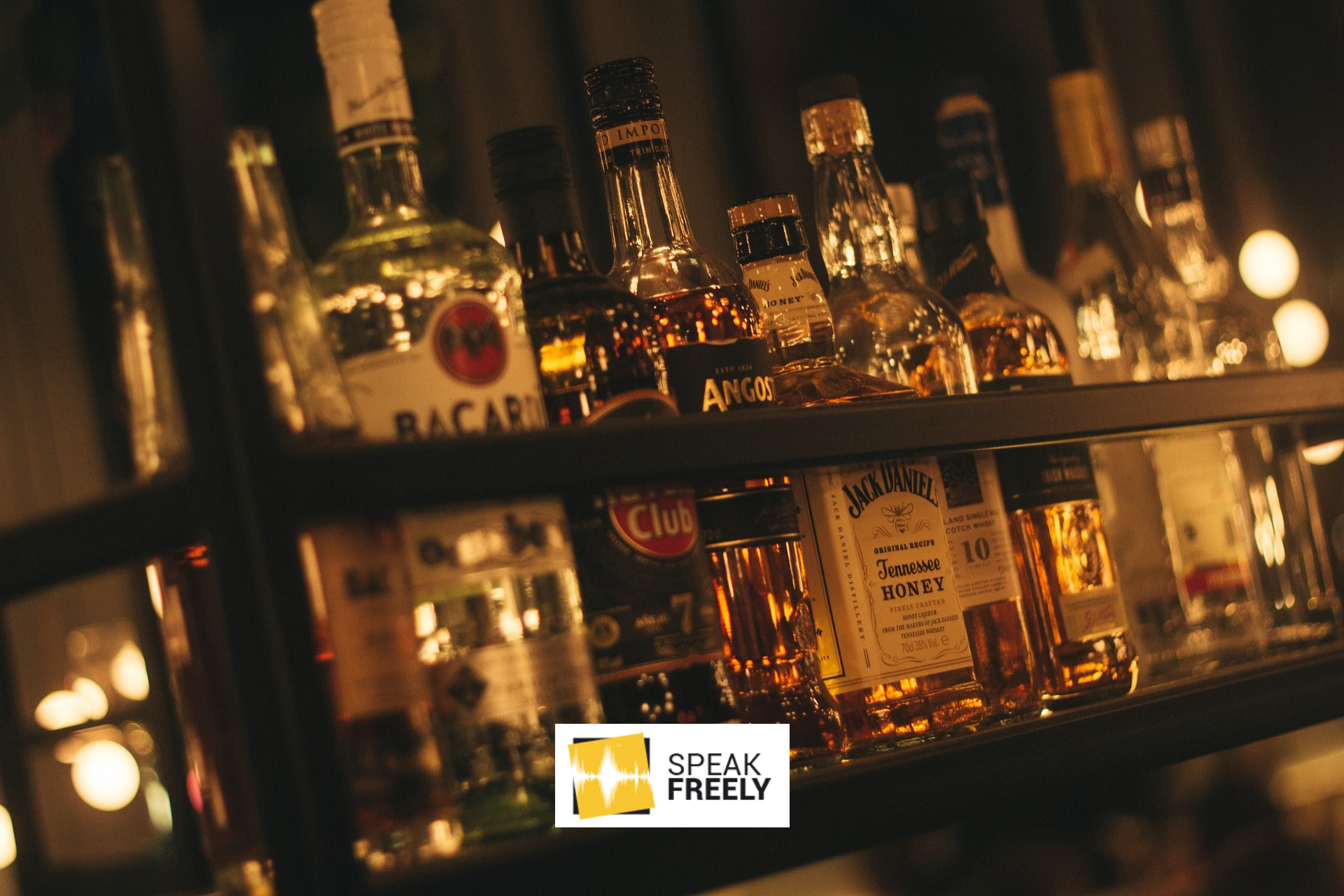Might does not equal Copyright
For many outsiders, the story of Cuba is a simple tale of rum and cigars. For rum enthusiasts, it is the tale of two families — Bacardi and Arechabala. Of two rums — Bacardi and Havana Club. The Bacardi and Arechabala families share much the same story. Both founded rum distilleries in pre-revolution Cuba. Both thrived in exporting to Cuba’s largest market, the United States. Both had their property stolen from them when the world-renowned communist, Fidel Castro, overthrew the corrupt authoritarian, Fulgencio Batista, and nationalised their distilleries.
This is where their stories split. Bacardi had one major advantage over Havana Club — time. Bacardi’s eponymous rum was 72 years older than the Arechabalas’ Havana Club, they had already built up enough capital to expand their business offshore to Puerto Rico. When the Bacardi family went into exile, they fled to their other assets. When the Arechabalas fled, they went only with the shirts on their backs and their recipe hidden from sight. With time, the Bacardi name flourished, while Havana Club withered on the vine.
Havana Club Resucitado
In 1976, the Cuban government registered the name Havana Club as a United States trademark for rum. Under the U.S. embargo on Cuban, they could not sell their rum in America, but they now owned the name. In 1993, eager to capitalise on the Arechabalas’ good name, the Cuban government entered into an agreement with French drinks company, Pernod Ricard, to manage the international production, marketing, and distribution of their all new Havana Club. The Havana Club which to this day can be purchased worldwide — sans the U.S.A.
All the while, the Arechabalas failed to recover their previous financial stability and worried over the misuse of the brand they had so lovingly cultivated. So, in 1994, they sold their rights to the name, and the original recipe, to their one time competitors turned allied exiles, Bacardi. Bacardi, in turn, began to produce another Puerto Rican rum under the name Havana Club, which it sold exclusively to specific regions of the U.S. market.
Pernod Ricard successfully litigated against Bacardi on the basis of the 1976 Cuban government trademark. However in 1998, Congress passed Section 211 of the Omnibus Appropriations Act of 1998, which protected trademarks to expropriated Cuban companies. Perhaps one of the more moral market interventions to ever occur. Pernod Ricard continued to sue on the basis that Bacardi’s use of the name Havana Club was deceptive as the trademark was deceptive in suggesting that the rum was manufactured in Havana, the capital of Cuba. Bacardi again won. This all changed when President Barack Obama oversaw the beginning of the Great Caribbean Thaw, signalling a soft detente with the Cuban government.
Bacardi Despojado
In 2016, in an act of good faith and in the interest of pure politics, the U.S. government awarded the Havana Club trademark to the Cuban government. Bacardi has been appealing this decision, and Florida lawmakers have been encouraging President Donald Trump to overturn the decision — spurred on by the Cuban diaspora that now inhabits the state. In defeat, Bacardi rose to fight once more. The same year they announced plans to expand their target market to the entirety of the U.S., with the rum being distilled in Puerto Rico and bottled in Florida, giving it even deeper links to the Cuban exiles who line the shores of the Sunshine State.
For once Bacardi, and not Pernod Ricard, went on the offensive. Not satisfied with depending on the whims of legislators who want to leave their legacy in the pages of history, Bacardi appealed to the emotions of the American consumer. They launched an advertising campaign created solely by Cuban exiles and immigrants. Cuban Americans. Their leading ad? A wonderful poem written by Cuban American Richard Blanco, performed by the theatrical powerhouse Cuban American Raúl Esparza, all centred around one key message: ‘Forced from home. Aged in exile. Forever Cuban.’
The ad is about Havana Club. It is also about the millions of Cubans around the world who were forced from their homes by the Castro regime. Pernod Ricard dismissed the ad as misleading, citing once more the fact that this rum was made in Puerto Rico and therefore could not be Cuban. Is there anything more American than this heritage based marketing? Let us not forget that Barack Obama is Irish. Bacardi and their Havana Club are Cuban. Try telling any of the 2 million Cuban Americans that they are not Cuban.
La Mano Invisible Del Ron
Pernod Ricard wait patiently for the Cuban embargo to finally end to flood the market with their expropriated product. I say let them, but on moral grounds. Deny them their trademark and force them to sell their product under the Havanista back-up trademark they registered in 2012.
If Pernod Ricard and the Cuban government believe their product is superior then let them sell it. Just not under someone else’s hard-earned name. Havana Club is the blood, sweat, and tears of the Arechabala family who willingly sold it to the Bacardi family. Havanista is its own concoction. Which is better? I do not know. Let the market decide.
This piece solely expresses the opinion of the author and not necessarily the organisation as a whole. Students For Liberty is committed to facilitating a broad dialogue for liberty, representing a variety of opinions. If you’re a student interested in presenting your perspective on this blog, click here to submit a guest post!
Image: Pixabay
